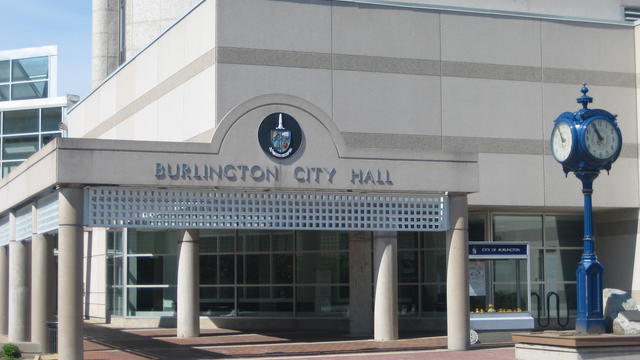Here’s How Doug Ford’s Plan for More Housing Could Impact Burlington
Published June 11, 2019 at 1:51 pm

It hasn’t been long since the Ontario government announced that Bill 108 – entitled the ‘More Homes, More Choice Act, 2019’ –
It hasn’t been long since the Ontario government announced that Bill 108 – entitled the ‘More Homes, More Choice Act, 2019’ – had been passed. In fact, the government only made the announcement on June 6, 2019.
The recently passed act, according to the Ontario government, is a comprehensive legislation that will work to tackle the housing crisis.
However, according to a recent blog post on Burlington Mayor Marianne Meed Ward’s website, the newly passed act could have a ‘devastating impact on municipal finances and local land use planning control.’
“Changes to development charges will mean growth will pay even less of the cost of growth, leaving taxpayers to make up the difference,” reads the blog post. “This will unnecessarily add costs at a time when local governments are being asked to find savings.”
In addition to the blog post, the city of Burlington’s website also highlights the impacts Bill 108 may have on the city.
According to the city’s website, “Development charges are fees collected by municipalities on new developments to pay for services that support population growth.” Before Bill 108 was passed, municipalities were able to charge for both ‘hard services’ (roads, stormwater drainage, transit, etc.) and ‘soft services’ (libraries, community centres, etc.).
However, the newly passed bill proposed that funding for soft services be removed from development charges which, according to the city’s website, would greatly impact Burlington’s ability to have ‘growth pay for growth.’
Furthermore, Bill 108 may also have an impact on the appeal process when it comes to things such as development in the city.
“Bill 108 is proposing giving the Local Planning Appeal Tribunal (LPAT) the ability to overturn your elected municipal council’s planning decisions on things like new developments,” reads the Burlington website. “The city will be required to defend decisions at LPAT based on “best planning outcome” in the context of a hearing de novo (conducting hearings as if no decision had ever been made by a Municipal Council).”
As a result, the city would no longer have the opportunity to make new decisions on a matter if the LPAT decides that a municipal decision did not follow local and/or provincial policies.
The More Homes, More Choice Act also proposes shorter timelines when it comes to processing development applications before they can be appealed to the LPAT.
Lastly, as a result of Bill 108, it is expected that the city’s ability to obtain land for parks within new developments will be removed.
In total, as noted on the city’s website, Bill 108 consists of changes to 13 pieces of legislation.
However, Burlington isn’t the only municipality that is concerned about the Bill 108.
Before the bill was passed, along with Burlington, Halton Hills town council voted against it, Oakville Mayor Rob Burton also said his town’s position is that the bill would do more harm than good, and Milton also introduced a motion to halt Bill 108.
For more information about the bill, click here.
insauga's Editorial Standards and Policies advertising





